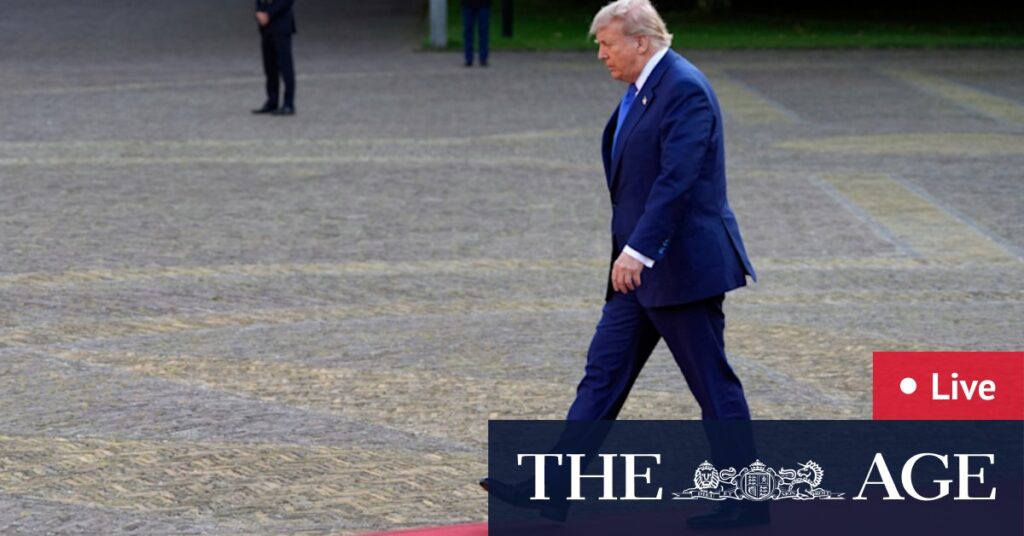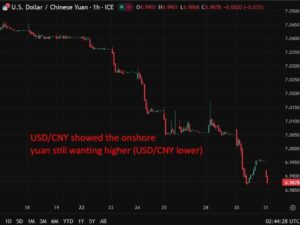
US senators are set to meet with top national security officials on Thursday as questions mount over President Donald Trump’s decision to bomb three Iranian nuclear sites. The strikes, which have sparked significant debate, are under scrutiny regarding their effectiveness and strategic rationale.
The classified briefing, originally scheduled for Tuesday but delayed, coincides with an impending Senate vote on a resolution that would mandate congressional approval for any future military action against Iran. This move reflects bipartisan concerns that the White House may have overstepped its authority by not consulting Congress prior to the strikes.
“Senators deserve full transparency, and the administration has a legal obligation to inform Congress precisely about what is happening,” stated Senate Democratic Leader Chuck Schumer. He criticized the postponement of briefings for both the Senate and the House, labeling it as “outrageous.” A similar briefing for House members is now set for Friday.
High-Level Briefing and Intelligence Discrepancies
CIA Director John Ratcliffe, Secretary of State Marco Rubio, and Defense Secretary Pete Hegseth are expected to provide the briefing to senators. Notably absent will be Director of National Intelligence Tulsi Gabbard, who was initially scheduled to attend the Tuesday briefing.
A preliminary US intelligence report released this week suggests that Iran’s nuclear program has been set back by only a few months. This assessment contradicts statements made by Trump and Israeli Prime Minister Benjamin Netanyahu, who claimed more extensive damage to Iran’s nuclear capabilities.
“New intelligence confirms what @POTUS has stated numerous times: Iran’s nuclear facilities have been destroyed,” Gabbard posted on social media, asserting that any Iranian efforts to rebuild would take years.
Ratcliffe also emphasized the damage, citing intelligence from a “historically reliable and accurate source” that key Iranian nuclear facilities were destroyed.
Political Ramifications and International Reactions
Most Republicans have rallied behind Trump, praising the tentative ceasefire he brokered in the ongoing Israel-Iran conflict. House Speaker Mike Johnson questioned the constitutionality of the War Powers Act, which is designed to ensure Congressional oversight of military actions.
“The bottom line is the commander-in-chief is the president, the military reports to the president, and the person empowered to act on the nation’s behalf is the president,” Johnson told reporters, highlighting the executive branch’s authority in military matters.
Historical Context and Future Implications
The current situation echoes past tensions between the US and Iran, reminiscent of the 2015 nuclear deal negotiations and subsequent US withdrawal under Trump’s administration. The strikes and their aftermath could further strain US-Iran relations and impact ongoing diplomatic efforts.
As the Senate prepares for the briefing, the international community watches closely. The outcome of these discussions could influence future US foreign policy and military strategy in the Middle East.
As developments unfold, the global community remains on edge, anticipating potential repercussions that could reshape geopolitical dynamics in the region.







